In-habit
Interdisciplinary symposium
1 - 2.12. 2022 at Academy of Arts, Architecture and Design in Prague
Curated by artists and researchers Adam Vackar and Tereza Stehlikova
Click here to watch lectures online.
Speakers
Václav Cílek Geologist, climatologist, writer, philosopher
Mareike Dittmer Director of Public Engagement at TBA21-Academy
Habima Fuchs Visual artist
Johanna Gibbons Landscape Architect and Fellow of the Landscape Institute
Paloma Gonzalez-Bellido associate professor of ecology, evolution at University of Minnesota
Stefan Helmreich Professor of Anthropology at Massachusetts Institute of Technology
Tereza Stehlíková Visual artist
Sissel Tolaas Visual artist
Neal White Visual artist, co-director of the research centre CREAM, University of Westminster
Šárka Zahálková Visual artist, art producer, curator and cultural activist
Jiří Zemánek Art historian, ethnographer, curator
Are we active enough in the face of the scale of current planetary and environmental challenges? Where are we heading in our thoughts and actions? How can we change our habits to protect our habitat (environment)? Place and environment shape us as much as we shape it; there is a deep reciprocity on Earth that has long been neglected. This interdisciplinary symposium was born out of an urgent need to reformulate our relationship to our physical and mental environments, near and far, human and non-human. The In-habit Symposium will bring together scientists, artists and cultural workers from the Czech Republic, the USA, Germany and the UK, institutions such as MIT, University of Minnesota, TBA21-Academy, Charles University. Where is the right balance in our relationship between human and non-human agents? How can contemporary art, science and other disciplines come together to rethink and shift our point of view, to access non-human perspectives, non-human motivations, to change our habits and successfully coexist? What role does embodiment/senses play in training our sensibility?
Symposium organizers
Hope Recycle Station is an independent platform whose mission is to gather knowledge and facilitate dialogue between visual artists, art historians, philosophers, curatorial scholars, collectors and writers. Since 2016, HRS has been creating an independent programme of lectures and publications. It is run by Noemi Smolík, art critic, and Adam Vačkář, visual artist.
Tangible Territory is an open access art, science & philosophy journal, which focuses on how we make sense of the world through all our senses and the importance of place and embodied experience in giving meaning to our everyday experience of life and art. The founder and editor is Czech/UK artist and researcher Tereza Stehlíková. www.tangibleterritory.art
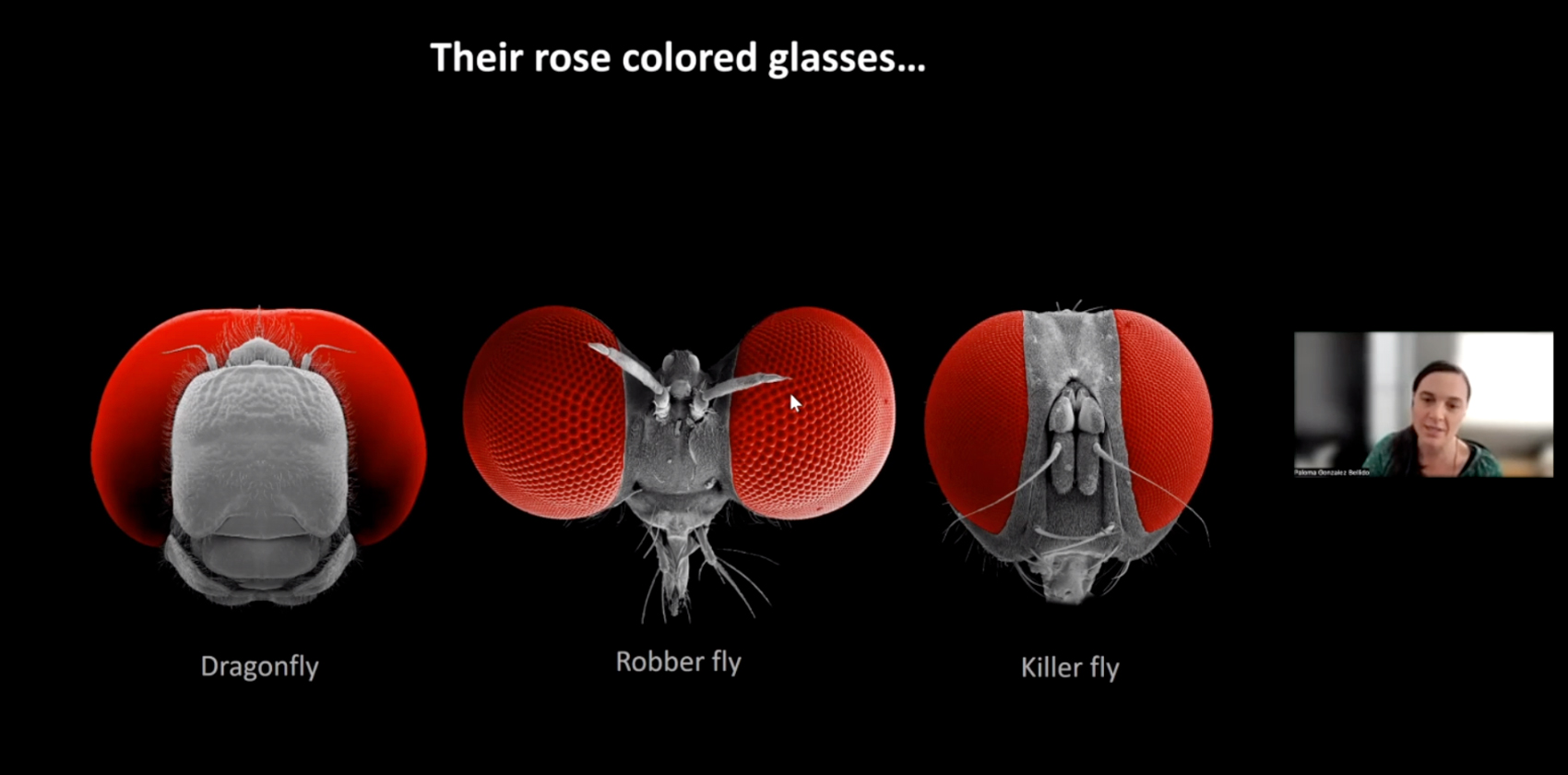
Paloma Gonzalez-Bellido associate professor of ecology, evolution at University of Minnesota
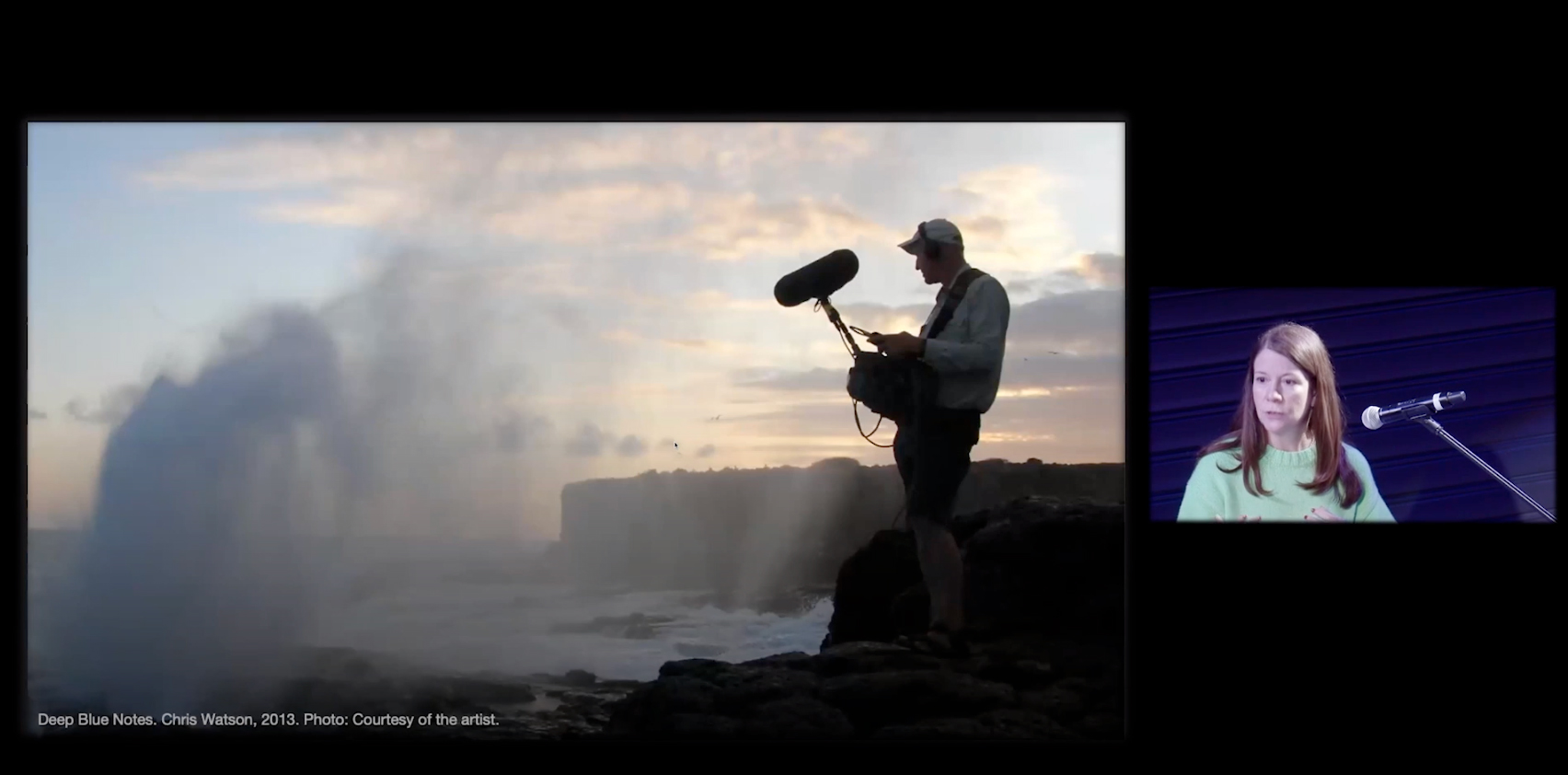
Mareike Dittmer Director of Public Engagement at TBA21-Academy
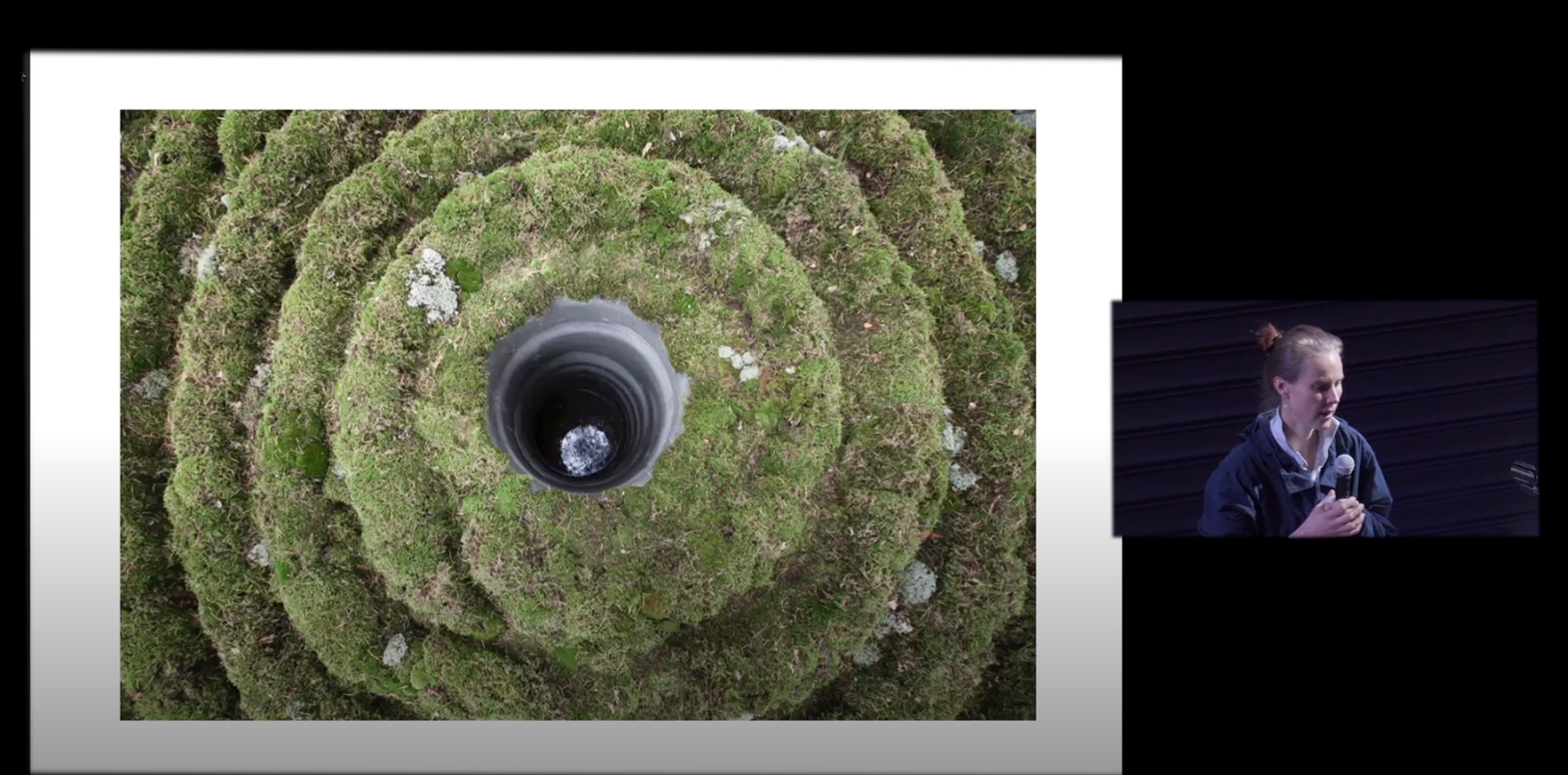
Habima Fuchs Visual artist
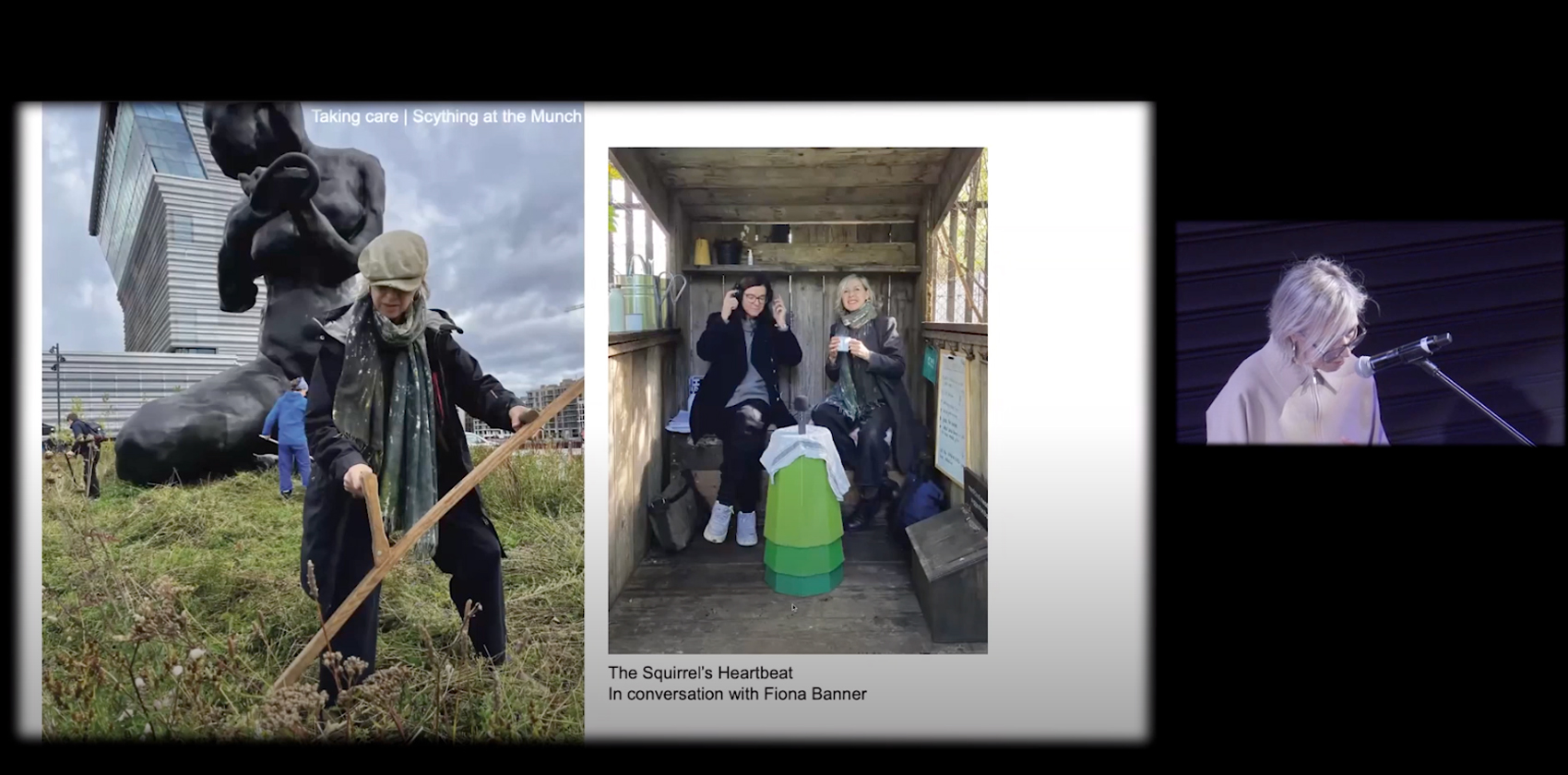
Johanna Gibbons Landscape Architect and Fellow of the Landscape Institute
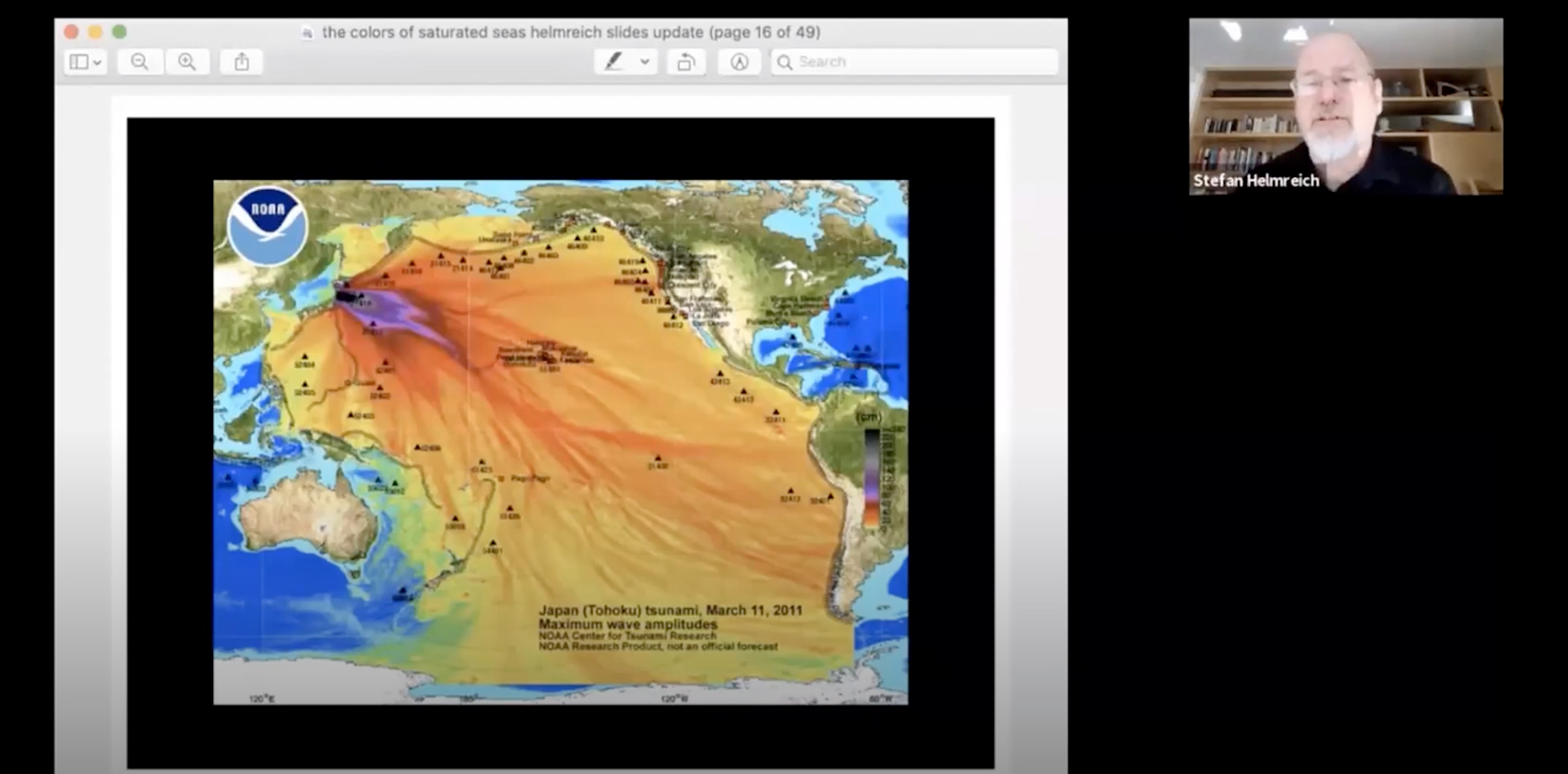
Stefan Helmreich Professor of Anthropology at Massachusetts Institute of Technology
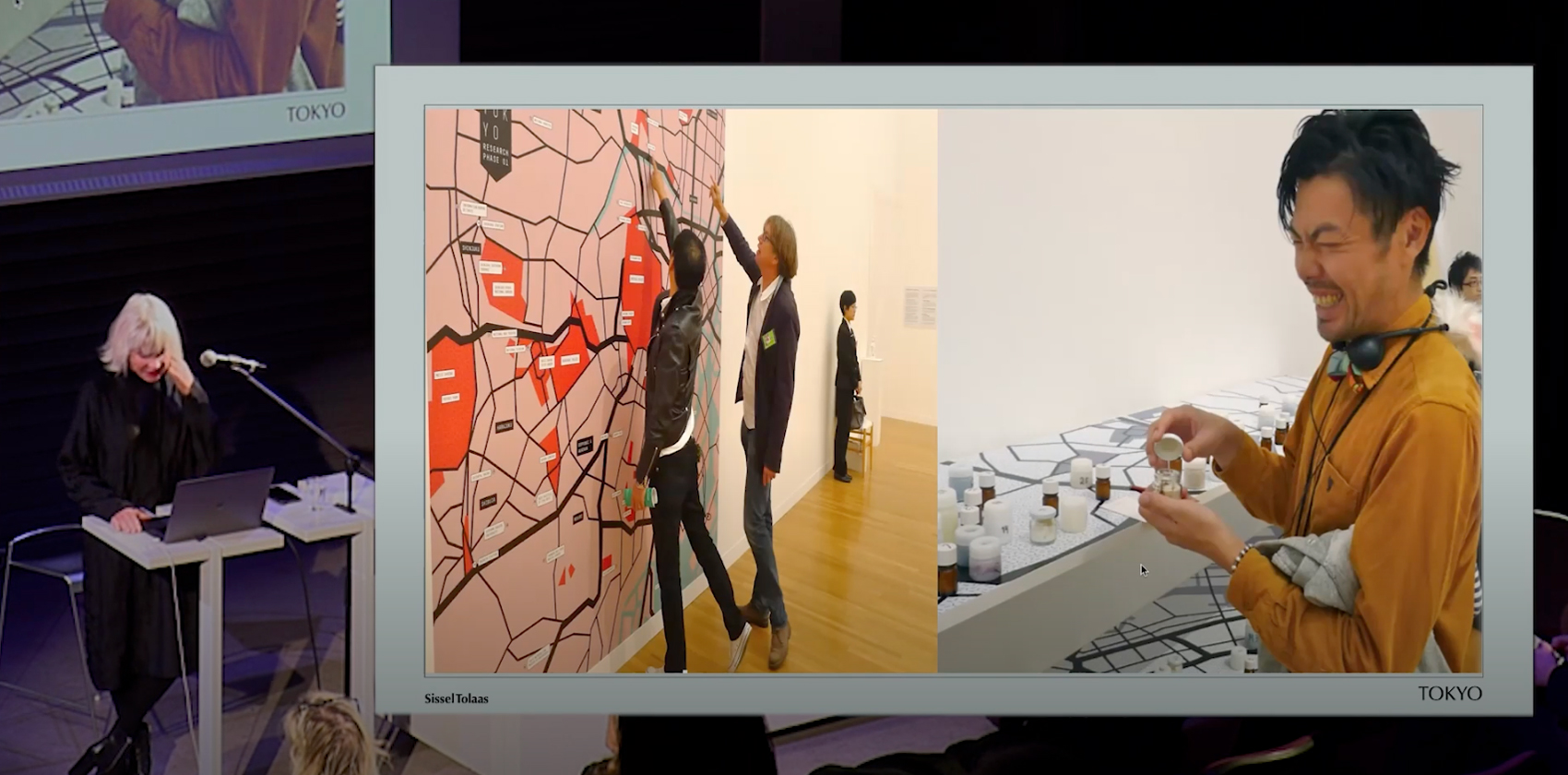
Sissel Tolaas Visual artist

Neal White Visual artist, co-director of the research centre CREAM, University of Westminster
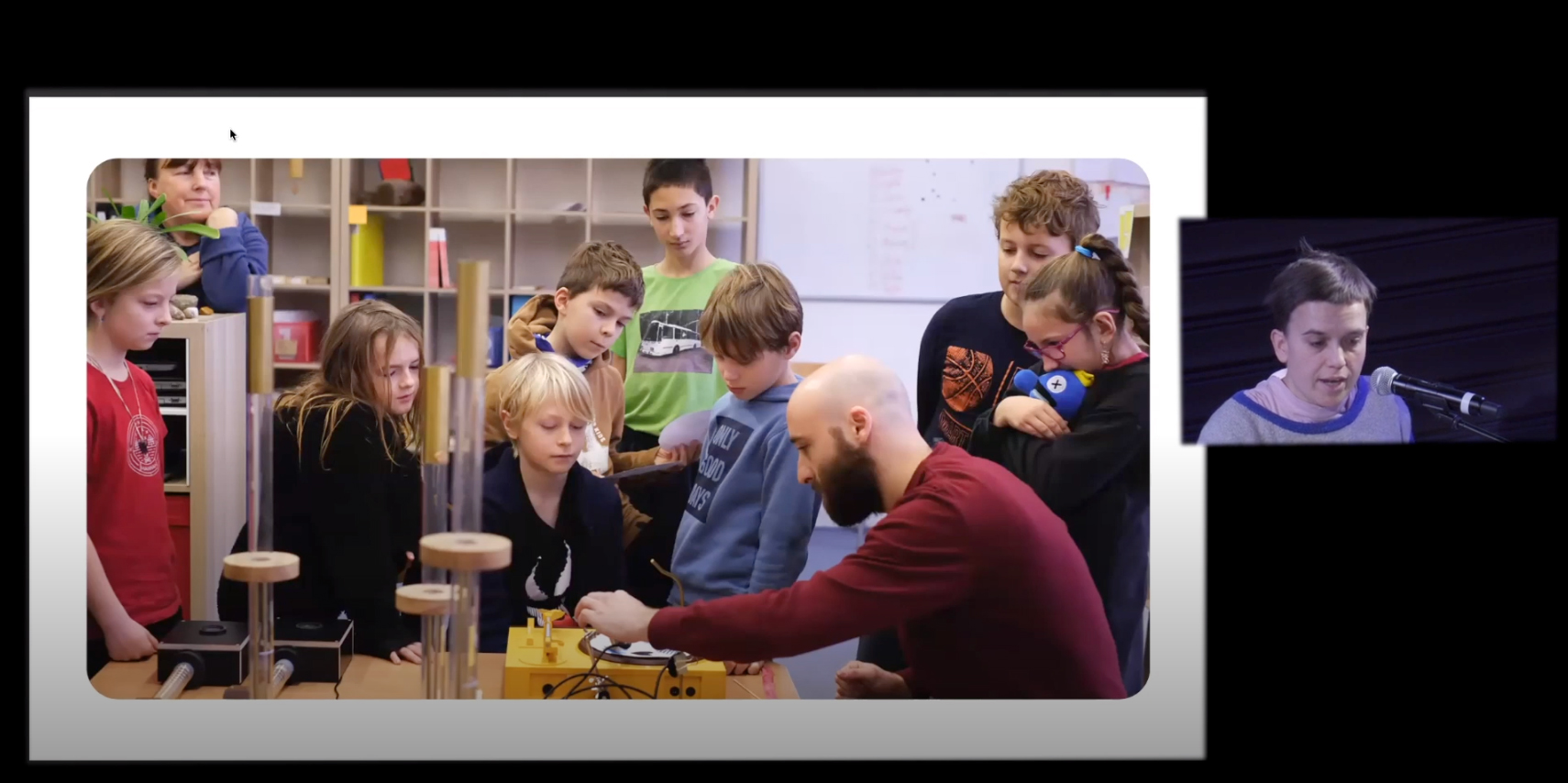
Šárka Zahálková Visual artist, art producer, curator and cultural activist
List of speakers
Václav Cílek is a Czech geologist, climatologist, writer, philosopher, and populariser of science. He graduated from the Mining Institute and Faculty of Natural Science of Charles University, and became involved in the study of hydrothermal deposits. Later, he studied samples brought from the Moon by Russian satellites. Thirty years ago, he began to focus on climate change and environmental issues. He combines a knowledge of the humanities with the natural sciences. He is the author of around 400 scientific articles and several books, including the award-winning Inscapes and Landscapes and Makom Book of Places. He was awarded the Tom Stoppard Prize (2004) for his essay work and the Vaclav Havel Foundation Vize 97 Prize.
Mareike Dittmer is Director of Public Engagement at TBA21-Academy, a contemporary art organisation fostering a deeper relationship to the Ocean and an incubator for collaborative research, artistic production, and new forms of transdisciplinary knowledge production, resulting in exhibitions, research, and policy interventions. The foundation is fostering a deeper understanding of and relationship to the Ocean through the arts to inspire care and action. It is working on how to bring the empirical approach of science together with the narrative capability of art, for fostering new and multiple forms of world-making and way-finding, and to imagine a different future. Previously she was director of Art Stations Foundation CH, and currently she's lecturer at the Zurich art academy. Until 2018 Mareike was the associate publisher of frieze magazine.
Habima Fuchs is a Czech visual artist. Her work is revising the established mechanisms and traditional existential, philosophical or metaphysical turns that we rely on to understand the world we live in. Through ceramics, drawings and performances, she reflects and materializes symbols and motifs from different cultures and periods, from the framework of Christian iconography and oriental religious contexts. The result is an exceptionally compelling imagery, seductive and subversive, but also deeply self-critical. Symbolic themes of the equinox, the search for a natural order of the world based on a balanced mental and physical coexistence with nature appear in her projects.
Johanna Gibbons is a Landscape Architect and Fellow of the Landscape Institute. Johanna was named a Royal Designer for Industry for her ‘pioneering and influential work combining design with activism, education and professional practice’. She is founding Partner of J & L Gibbons and founding Director of social enterprise Landscape Learn. Jo is a Commissioner on the Jersey Architectural Commission, a research partner of Urban Mind, panel advisor to Historic England and the Forestry Commission and a member of the International Scientific Committee for the World Forum on Urban Forests. She publishes and lectures widely.
Paloma Gonzalez-Bellido is biologist. She is associate professor of ecology, evolution and behavior at University of Minnesota, USA. Her expertise is neuroethology, vision and predation. She studies the performance of neural systems. Her aim is to understand how fast and accurate responses can be achieved with a limited number of neurons. A predatory lifestyle puts a premium on neural performance because movements have to be carried out with precision in a timely manner. Moreover, because predation is an innate behaviour, the knowledge acquired during her research is a reflection of the information processing abilities of the neural system under study. Visual stimuli are also easy to present. She pursues her research on invertebrate groups - flies, which provides her with the means for comparative studies.
Stefan Helmreich is Professor of Anthropology at Massachusetts Institute of Technology. His research examines how biologists think through the limits of "life" as a category of analysis. Alien Ocean: Anthropological Voyages in Microbial Seas (University of California Press, 2009) is a study of marine biologists working in realms usually out of sight and reach: the microscopic world, the deep sea, and oceans outside national sovereignty. This book, winner of numerous prizes charts how marine microbes are entangled with debates about the origin of life, climate change, property in the ocean commons, and the possibility of life on other worlds. Helmreich's newest book, Sounding the Limits of Life: Essays in the Anthropology of Biology and Beyond (Princeton University Press, 2016) asks after changing definitions of life, water, and sound (features a soundtrack). He is at work on a new book about wave science, in domains ranging from oceanography to cosmology to medicine to acoustics to social theory.
Tereza Stehlíková is a Czech-British artist working across media, primarily with video and performance. Stehlíková holds a PhD from the Royal College of Art, London, where she researched the tactile language of cinema and is currently engaged in interdisciplinary research exploring how the moving image can be used to communicate embodied experience and the role of the senses in aesthetic experience. She is the founder of Sensory Sites, an international collective based in London that curates exhibitions, installations and research projects that explore multi-sensory perception and bodily experience. Tereza Stehlikova's work has been exhibited at various film and art festivals around the world. She is the founder of an interdisciplinary online journal focusing on the senses called TT journal.
Sissel Tolaas has been working, researching and experimenting intensively with the topic of smell since 1990. She is a pioneer and unique in her approach to smells. She has developed a wide range of revolutionary projects worldwide with smells based upon her knowledge of organic chemistry, linguistics and the visual arts. Tolaas established the SMELL RE_searchLab Berlin in January 2004. Tolaas has shown her projects in MOMA, NGV, DIA, CCA and TATE Modern, etc. and has worked with universities such as MIT, Nanyang Technical, Harvard and Oxford. She has build up several types of smell archives such as Smell & Language; Smell & Coding, Functiona Smell and is currently working on smell molecule preservation /conservation archives on the world’s oceans, smell artefacts (on heritage) in Detroit, and Australia’s indigenous past. Tolaas’ collections of smell molecules and smell structures from 1990 till 2018 include 10,000 samples. Tolaas has participated in various start-ups, i.e. in the fields of the senses and education; senses and technology.
Adam Vackar has presented his work in international group and solo exhibitions at Centre Pompidou, Palais de Tokyo, Art Basel, SMAK, Kölnischer Kunstverein, National Gallery in Prague, Prague City Gallery and other venues. His projects take form of installations and videos and deal with the themes of the ecological crisis, the influence of nature on the human spiritual life and the overall importance of nature for mental stability and development. He finds materials for his installations on spiritual pilgrimages in forests in nearby and distant countries. Vackar focuses on the complexity of the relationship between humans and plants. His goal is to take part in the decolonization of nature and to challenge history and the merely human view of invasive plants. He is co-founder of the Hope Recycling Station platform, which organizes lectures and projects by international artists, scientists, writers, curators and philosophers.
Neal White is an artist and senior research academic. He is co-director of the research centre CREAM at University of Westminster in London. White also leads The Deep Field Project, a research studio supporting practice-led research at graduate and post-doctoral level through contemporary art practice aligned with experimental sciences and the critical and environmental humanities. He is equally a coordinator of the collective that runs thematic project 'Ecological Futurisms'. He has recently worked with Monsoon Assemblages on a project for Venice Biennale 2020/21, an exhibition with The Deep Field Project in 2020 with Stefanie Hessler. He is currently developing approaches and projects whose focus is on both propositional and action led environmental policy, whilst drawing on the science of visual ecology, science fictions and techniques of counter mapping to address issues of multi-species justice.
Šárka Zahálková is visual artist, art producer, curator and cultural activist. In her work, she's engaging with various real life communities, her surrounding city and local environment. Art and culture are for her an integral part of our natural and social environment. She runs simultaneously several projects such as Offcity Collective, an independent platform acting within fields of arts, architecture, community work and art production, the Central European Network for Sonic Ecologies, an informal network of individual voices coming from various backgrounds. The Blavatsky Society, a project that brings together international artists from varying backgrounds and experience currently based in the Czech Republic. Her artistic approach combines performance, video, sound and light with archival materials. She is currently programme director of the City Gallery Pardubice.
Jiří Zemánek is art historian, ethnographer, curator and journalist. His interests include the overlaps between artistic creation, ecology and spirituality, issues of paradigm shift and the emergence of a new integral culture. He is translator and editor in the fields of deep ecology, geomancy, integral culture and neo-cosmology. He is an associate of the Prostor arts review and initiator of The Pilgrim Association.
The symposium is funded by grants from the Ministry of Culture of Czech Republic and the City of Prague.